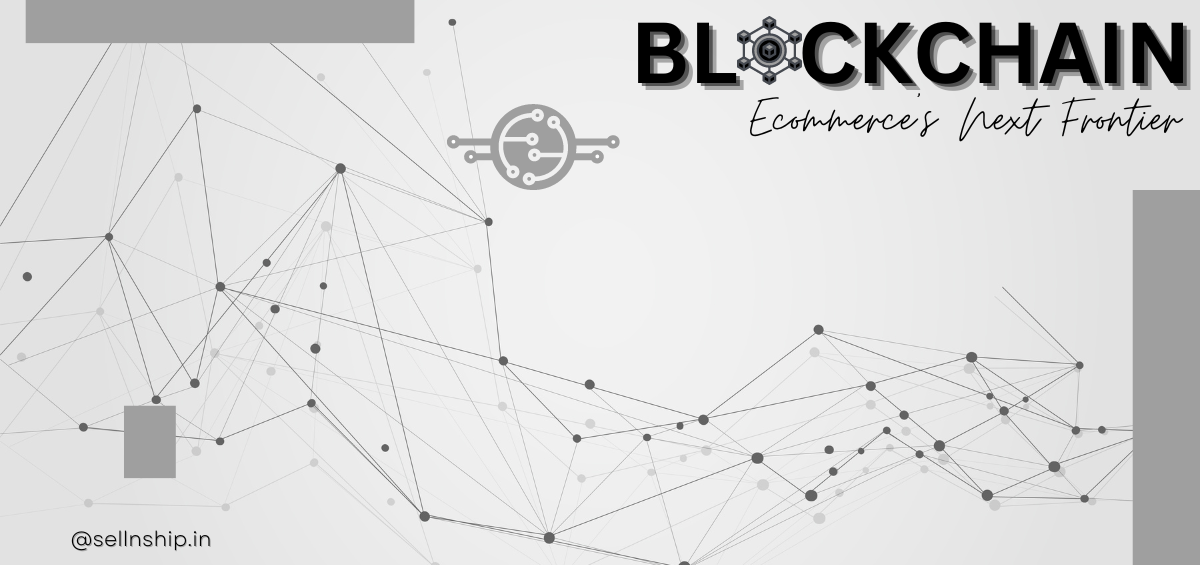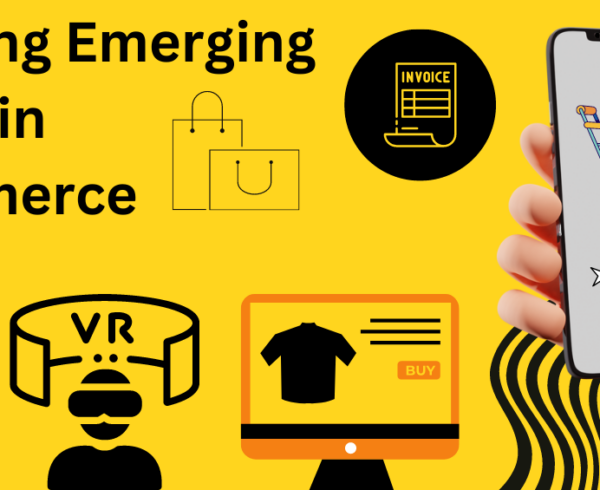In the ever-evolving landscape of ecommerce, innovation is key to staying ahead of the curve. One technology that has the potential to revolutionize online transactions and reshape the way we perceive trust in digital commerce is blockchain. Often associated with cryptocurrencies, blockchain’s decentralized and immutable nature offers a myriad of benefits that can address some of the longstanding challenges faced by ecommerce platforms and consumers alike.
Understanding Blockchain in Ecommerce
Blockchain, at its core, is a distributed ledger technology that records transactions across multiple nodes in a secure and transparent manner. Each transaction is encrypted and linked to the previous one, forming a chain of blocks that cannot be altered or tampered with. This decentralized approach eliminates the need for intermediaries, such as banks or payment processors, reducing transaction costs and increasing efficiency.
Key Benefits for Ecommerce
- Enhanced Security: One of the most significant advantages of blockchain in ecommerce is its enhanced security. By utilizing cryptographic techniques and decentralized validation, blockchain minimizes the risk of fraud, identity theft, and data breaches, providing a secure environment for online transactions.
- Transparent Supply Chains: Blockchain enables end-to-end transparency in supply chains, allowing consumers to trace the origin and journey of products from manufacturer to delivery. This transparency builds trust and empowers consumers to make informed purchasing decisions, particularly in industries like fashion, food, and luxury goods.
- Immutable Records: Every transaction recorded on the blockchain is immutable, meaning it cannot be altered or deleted. This feature ensures the integrity of transaction records and provides an audit trail that can be verified by all parties involved, reducing disputes and improving accountability.
- Faster Settlements: Traditional payment processing systems often involve multiple intermediaries and lengthy settlement times. With blockchain, transactions can be settled in near real-time, eliminating delays and providing merchants with faster access to funds.
- Global Accessibility: Blockchain technology is borderless, enabling seamless cross-border transactions without the need for currency conversions or expensive international transfer fees. This global accessibility opens up new markets for ecommerce merchants and facilitates frictionless commerce on a global scale.
Use Cases in Ecommerce
- Payment Processing: Blockchain-based payment solutions offer an alternative to traditional payment gateways, allowing merchants to accept cryptocurrencies and fiat currencies with lower transaction fees and faster settlement times.
- Supply Chain Management: Blockchain enables transparent and traceable supply chains, reducing counterfeit products, ensuring product authenticity, and enhancing trust between consumers and brands.
- Digital Identity Verification: Blockchain-based identity verification solutions streamline the onboarding process for ecommerce platforms, improving security and reducing the risk of identity theft and fraud.
- Tokenization of Assets: Blockchain enables the tokenization of assets, such as real estate or artwork, allowing fractional ownership and creating new opportunities for investment and commerce.
Challenges and Future Outlook
Despite its potential, blockchain adoption in ecommerce faces several challenges, including scalability issues, regulatory concerns, and user education. Overcoming these challenges will require collaboration among industry stakeholders, regulators, and technology innovators to develop scalable solutions that address the needs of both merchants and consumers.
Looking ahead, the future of blockchain in ecommerce is promising. As the technology continues to mature and innovative use cases emerge, we can expect to see blockchain play an increasingly vital role in shaping the future of online commerce, driving efficiency, transparency, and trust across the ecommerce ecosystem.
Conclusion
Blockchain technology has the power to revolutionize ecommerce by addressing longstanding challenges related to security, transparency, and trust. From payment processing and supply chain management to digital identity verification and asset tokenization, blockchain offers a plethora of opportunities for ecommerce platforms to enhance the customer experience, improve operational efficiency, and unlock new value propositions. As the technology continues to evolve and gain traction, we can expect to see blockchain redefine the future of ecommerce, ushering in a new era of secure, transparent, and frictionless online transactions.
Visit—- https://www.sellnship.in/







Leave a Comment